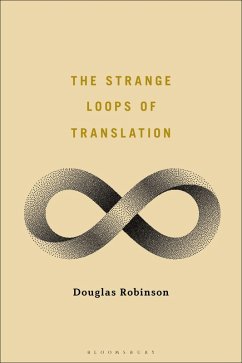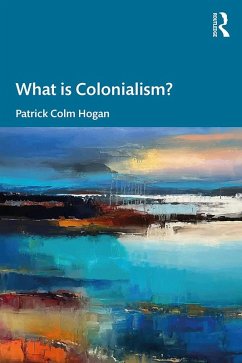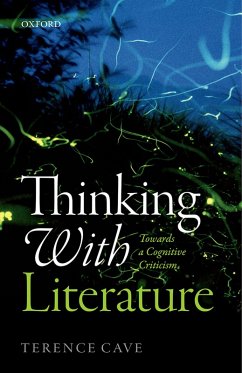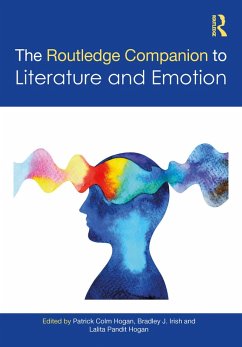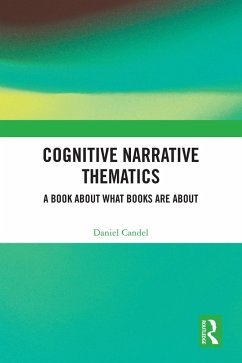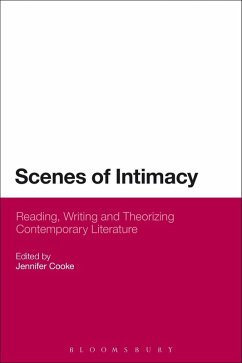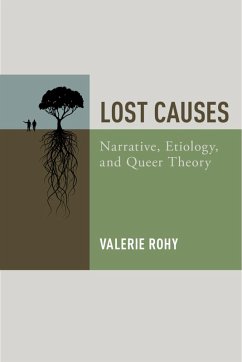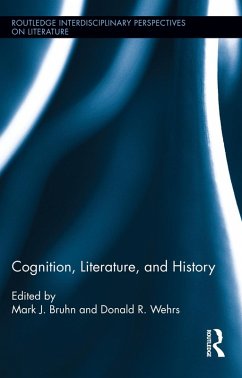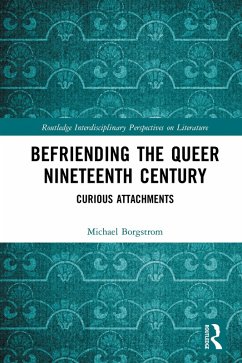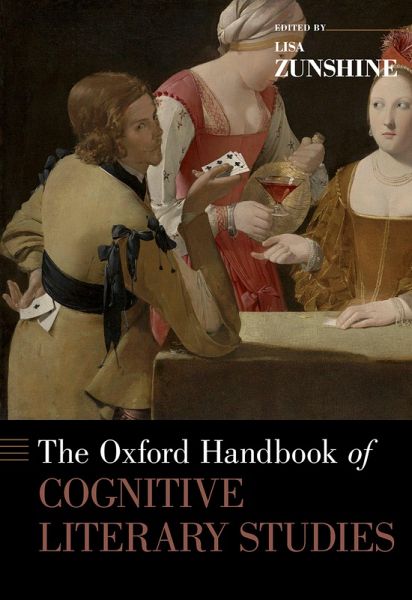
The Oxford Handbook of Cognitive Literary Studies (eBook, PDF)

PAYBACK Punkte
35 °P sammeln!
The Oxford Handbook of Cognitive Literary Studies considers, via a variety of methodologies and combinations of interdisciplinary approaches, how the architecture that enables human cognitive processing interacts with cultural and historical contexts. Organized into five parts (Narrative, History, Imagination; Emotions and Empathy; The New Unconscious; Empirical and Qualitative Studies of Literature; and Cognitive Theory and Literary Experience), the volume uses case studies from a wide range of historical periods (from the fourth century BCE to the twenty-first century) and national literary ...
The Oxford Handbook of Cognitive Literary Studies considers, via a variety of methodologies and combinations of interdisciplinary approaches, how the architecture that enables human cognitive processing interacts with cultural and historical contexts. Organized into five parts (Narrative, History, Imagination; Emotions and Empathy; The New Unconscious; Empirical and Qualitative Studies of Literature; and Cognitive Theory and Literary Experience), the volume uses case studies from a wide range of historical periods (from the fourth century BCE to the twenty-first century) and national literary traditions (including South Asian, postcolonial anglophone and francophone, Chinese, Japanese, English, Iranian, Russian, Italian, French, German, and Spanish).
Dieser Download kann aus rechtlichen Gründen nur mit Rechnungsadresse in A, B, BG, CY, CZ, D, DK, EW, E, FIN, F, GR, HR, H, IRL, I, LT, L, LR, M, NL, PL, P, R, S, SLO, SK ausgeliefert werden.




